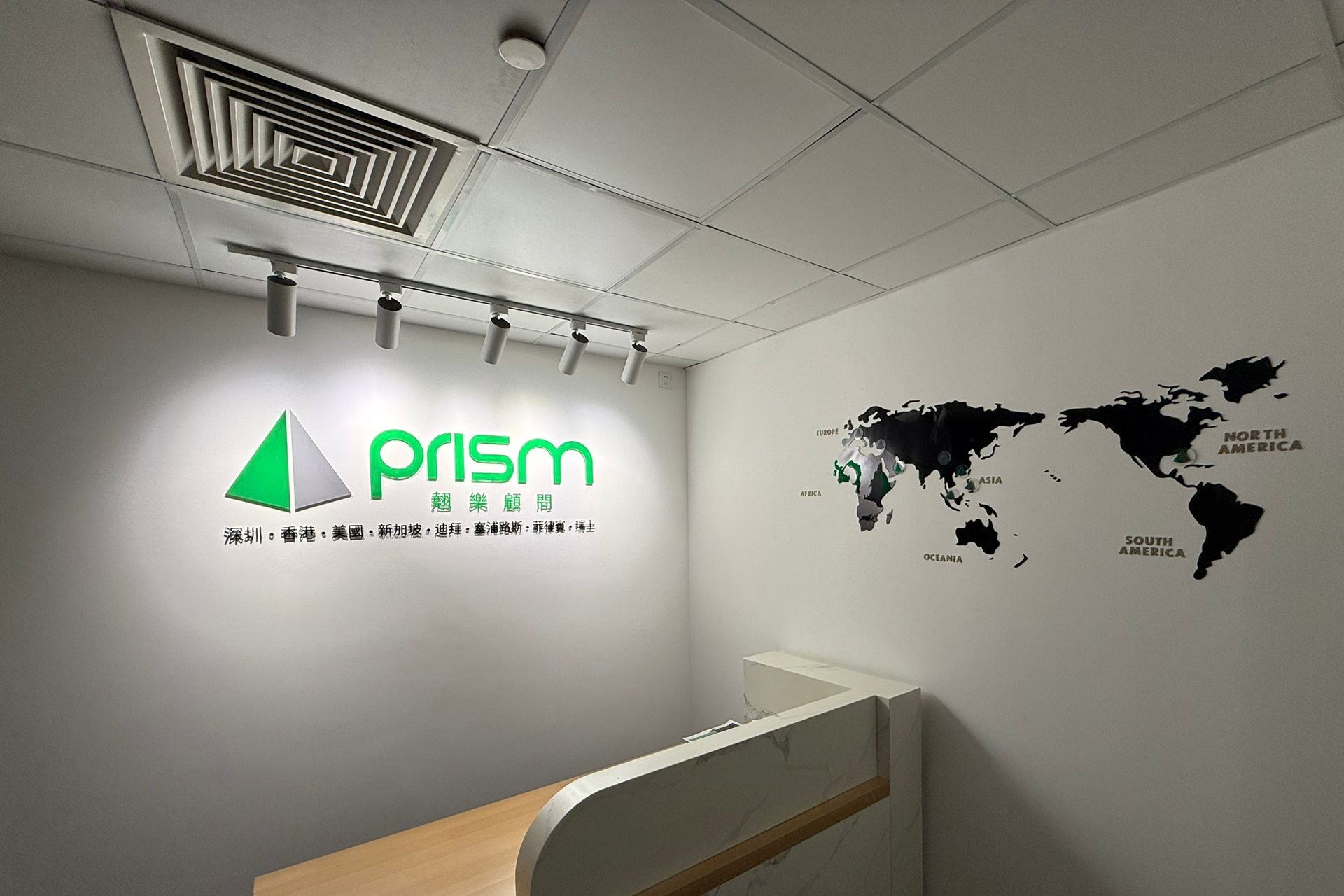Effectively handling your business operations is as crucial as the initial step of registering your new enterprise, and there are numerous factors to take into account.
This guide covers essential aspects of managing your business, such as setting up a corporate bank account in Singapore, finding office space, hiring staff, and dealing with trademarks and licensing.
Opening a corporate bank account
Once your company is successfully incorporated, the next crucial step is to establish a corporate bank account for handling business transactions and payments.
Banks in Singapore
As a major financial center, Singapore houses a range of both local and international banks. Among them are Oversea-Chinese Banking Corporation (OCBC), Development Bank of Singapore (DBS), United Overseas Bank (UOB), Standard Chartered, Citibank, Commerce International Merchant Bankers Berhad (CIMB) and Maybank, to name a few.
Certain banks impose a setup fee for opening a corporate bank account, and this fee can vary between banks.
In response to growing regulations aimed at combating money laundering and terrorist financing, banks in Singapore implement rigorous ‘know your customer’ (KYC) procedures. It’s important to be aware that changing rules and sanctions from different countries and global authorities could affect both the eligibility and the time required to open a bank account in Singapore.
Singapore account opening requirements
There are numerous choices for opening a corporate bank account in Singapore. Many banks provide features like multi-currency accounts, online banking, trade financing, the ability to transfer funds internationally, and additional services.
Banks generally require that account signatories and the majority of directors be physically present in Singapore to sign the paperwork when opening a corporate bank account. However, some banks might allow the documents to be signed at one of their international branches or in the presence of a Notary Public.
Banks typically require several documents, such as the certificate of incorporation, a board of directors’ resolution, the company business profile, a copy of the passport (or Singapore identity card), and proof of the directors’ residential addresses. It’s important to note that documents pertaining to the ultimate beneficial owners are especially crucial.
Additional documents may be required on a case-by-case basis. Approval for opening a corporate bank account is usually granted, provided the required paperwork is complete and satisfies the bank’s internal due diligence criteria.
Securing office premises
In addition to a bank account, your business will probably need office space to operate effectively. There are several types of office space options you might explore.
Conventional office
To begin with, you might choose to lease a traditional office space from a building landlord. In Singapore, lease agreements typically last between two to three years, although longer leases of up to six years are available for larger spaces. At the end of the lease term, most landlords provide the option to extend the lease for an additional period.
Offices in Singapore typically come with standard fittings. If you wish to customize the office to meet your needs, you can do so according to the landlord’s terms and conditions. In such instances, it might be possible to negotiate a rent-free period to accommodate the renovation.
Serviced office
For businesses looking for a short-term solution, serviced offices or business centers provide professional, fully-equipped office spaces that can be rented immediately. Managed by specialized companies and primarily located in Singapore’s Central Business District (CBD), these offices offer a prestigious address, various suite sizes, and flexible lease terms.
You can take advantage of an individual office suite within a managed facility, which provides access to amenities like reception services, utility rooms, meeting rooms, and advanced IT infrastructure. Rental fees usually cover base rent, utilities, security, and office furniture. Additional costs apply only to optional services based on usage.
Virtual office
Virtual offices provide the benefits of an office experience without needing physical space. A standard virtual office package in Singapore typically includes a corporate business address, dedicated phone and fax numbers, personalized telephone answering, mail handling, and access to meeting rooms as needed.
Virtual offices can address various business needs. For instance, startups in cost-effective locations can use a virtual office to secure a prestigious business address and enhance their corporate image. Similarly, home-based entrepreneurs can benefit from an official address through a virtual office, boosting their credibility and gaining access to meeting rooms for face-to-face meetings.
Home office
If your business is on a smaller scale, you might consider operating from home. Singapore’s Home Office Scheme permits individuals residing in Housing & Development Board (HDB) flats or private residential properties to run small-scale businesses from their homes, provided the business activities are allowed.
To operate a home office, you must either own or be a tenant of the residence, or be authorized to stay there. The office can accommodate no more than two individuals involved in its operation who are not residents of the property.
In Singapore, you need to register with the Housing & Development Board (HDB) or Urban Redevelopment Authority (URA) to use your residence as a home office.
Hiring employees
Depending on your business’s needs, you might require additional staff to support growth and operations. While Singapore, like many countries, promotes the hiring of local employees, it is also an open and inclusive economy that welcomes foreign talent with the appropriate background, experience, and skills.
In Singapore, the employer-employee relationship is governed by their employment contract. Generally, parties can agree on terms as they wish, provided they adhere to the Employment Act.
Read our blog post about hiring employees to get further details.
We can help you apply for work permits in when you hire foreign workers Singapore.
Registering a trademark
Although Singapore law does not require trademark registration for use, having a registered trademark can enhance the value of your business. Registering a trademark grants your business ownership rights and helps prevent others from using a similar or identical mark without your permission.
Read more about the Trademark registration procedure in our blog post.
Applying for a business license
Some business activities require a special license to operate. A business license is a permit issued by a Singapore government agency that authorizes you to conduct a particular type of business. For details on the licenses applicable to your business, you can visit the GoBusiness Licensing website.
We can assist you with your application, please contact us to discuss your needs.



